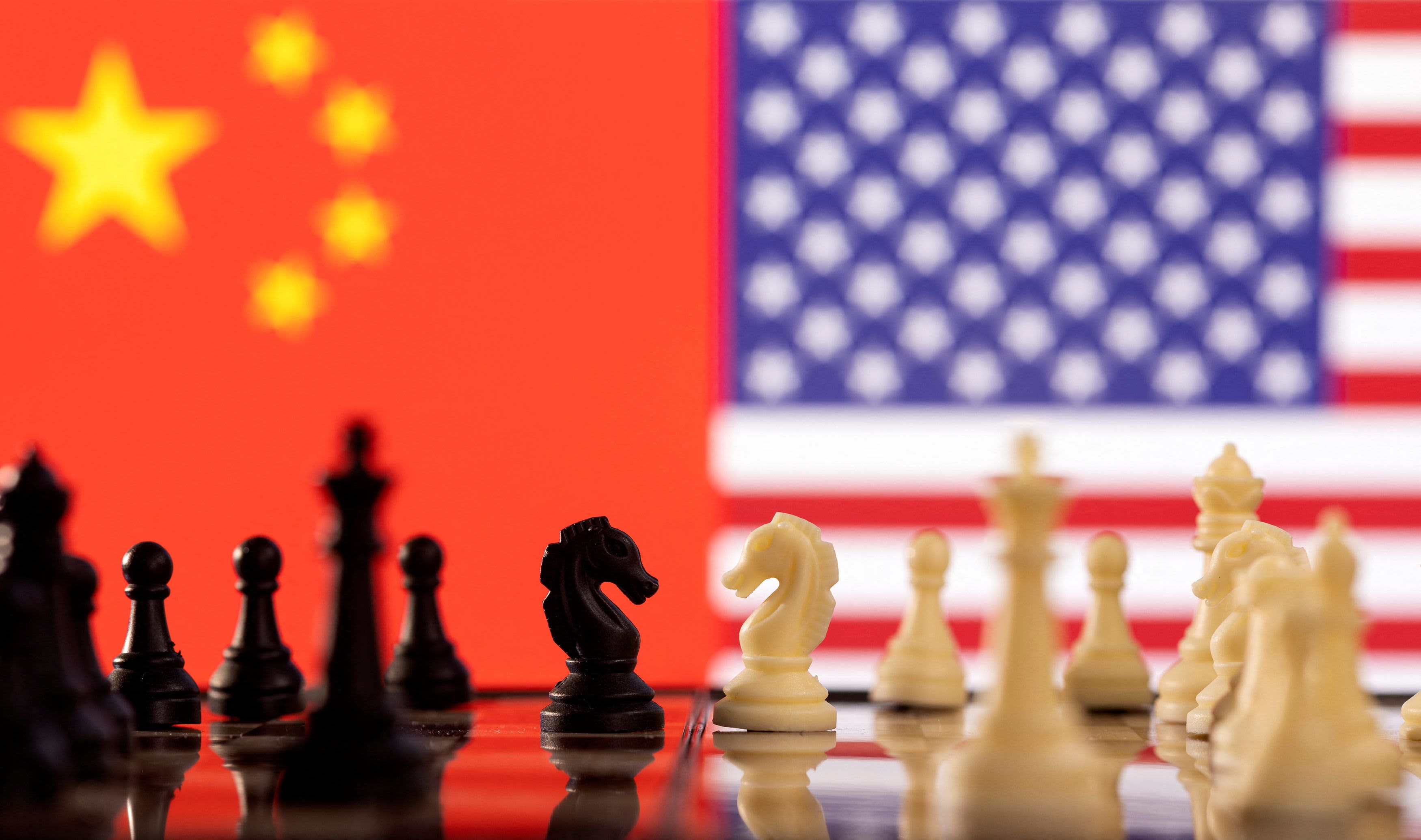
Tensions between the U.S. and China are not helping President Joe Biden’s efforts to control inflation, economist Jeffrey Sachs told CNBC’s “Street Signs Asia.”
Sachs, a Columbia University professor and president of the U.N. Sustainable Development Solutions Network, said the Biden administration should not have continued Trump-era tariffs on China.
“Biden’s pretty much following the same anti-China line, almost perhaps even intensifying it relative to Trump” he said. “I think that’s bad for the world for a lot of dangers. It doesn’t help the inflation side.”
Earlier this week, Biden signed the Inflation Reduction Act into law. It includes a corporate tax hike that analysts say “won’t hurt most U.S. companies,” despite strong opposition from business advocacy groups.
“We’re cutting deficit to fight inflation by having the wealthy and big corporations finally begin to pay part of their fair share,” Biden said before signing the bill.
Sachs, however, described the bill as “a typical title of a piece of legislation that has nothing to do with inflation for the next few years.” Other economists have also expressed doubt that the new law would cap inflation in the near future.
The professor said he expects inflation to remain high for the foreseeable future. He said ongoing political risks, including Russia’s unprovoked invasion of Ukraine, pile onto inflationary pressures.
“We keep stoking the supply side shocks with war, with sanctions, with the geopolitical tensions,” Sachs said. He suggested trade be used as a mechanism to benefit the global economy “rather than using trade as a weapon.”
Some economists and officials have estimated removing tariffs on China could help slash inflation by 1% over time.
The White House did not respond to CNBC’s request for comment.
Tensions between Washington and Beijing have been simmering, with U.S. lawmakers visiting self-governed Taiwan and China conducting military exercises near the island.
For China, Sachs noted the economy has been hit by a number of factors, including declining domestic demand and a housing market slump. Investment banks share the same negative sentiment on China’s economy. Goldman Sachs and Nomura recently slashed their outlooks for the country’s full-year growth.
“China’s contributing to the real slowdown of the world economy,” Sachs said. “We have a kind of a synchronized slowdown in North America, in Europe, in China and with tightening credit conditions worldwide. I think we’re in for a very difficult year in 2023.”
Source: CNBC
